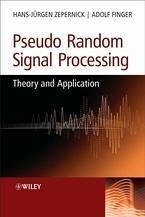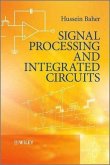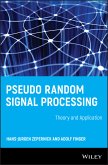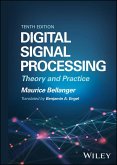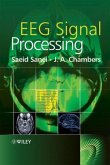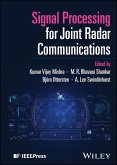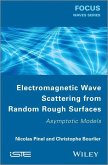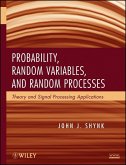In recent years, pseudo random signal processing has proven to be a critical enabler of modern communication, information, security and measurement systems. The signal's pseudo random, noise-like properties make it vitally important as a tool for protecting against interference, alleviating multipath propagation and allowing the potential of sharing bandwidth with other users. Taking a practical approach to the topic, this text provides a comprehensive and systematic guide to understanding and using pseudo random signals. Covering theoretical principles, design methodologies and applications, Pseudo Random Signal Processing: Theory and Application: * sets out the mathematical foundations needed to implement powerful pseudo random signal processing techniques; * presents information about binary and nonbinary pseudo random sequence generation and design objectives; * examines the creation of system architectures, including those with microprocessors, digital signal processors, memory circuits and software suits; * gives a detailed discussion of sophisticated applications such as spread spectrum communications, ranging and satellite navigation systems, scrambling, system verification, and sensor and optical fibre systems. Pseudo Random Signal Processing: Theory and Applicationis an essential introduction to the subject for practising Electronics Engineers and researchers in the fields of mobile communications, satellite navigation, signal analysis, circuit testing, cryptology, watermarking, and measurement. It is also a useful reference for graduate students taking courses in Electronics, Communications and Computer Engineering.
Dieser Download kann aus rechtlichen Gründen nur mit Rechnungsadresse in A, B, BG, CY, CZ, D, DK, EW, E, FIN, F, GR, HR, H, IRL, I, LT, L, LR, M, NL, PL, P, R, S, SLO, SK ausgeliefert werden.

